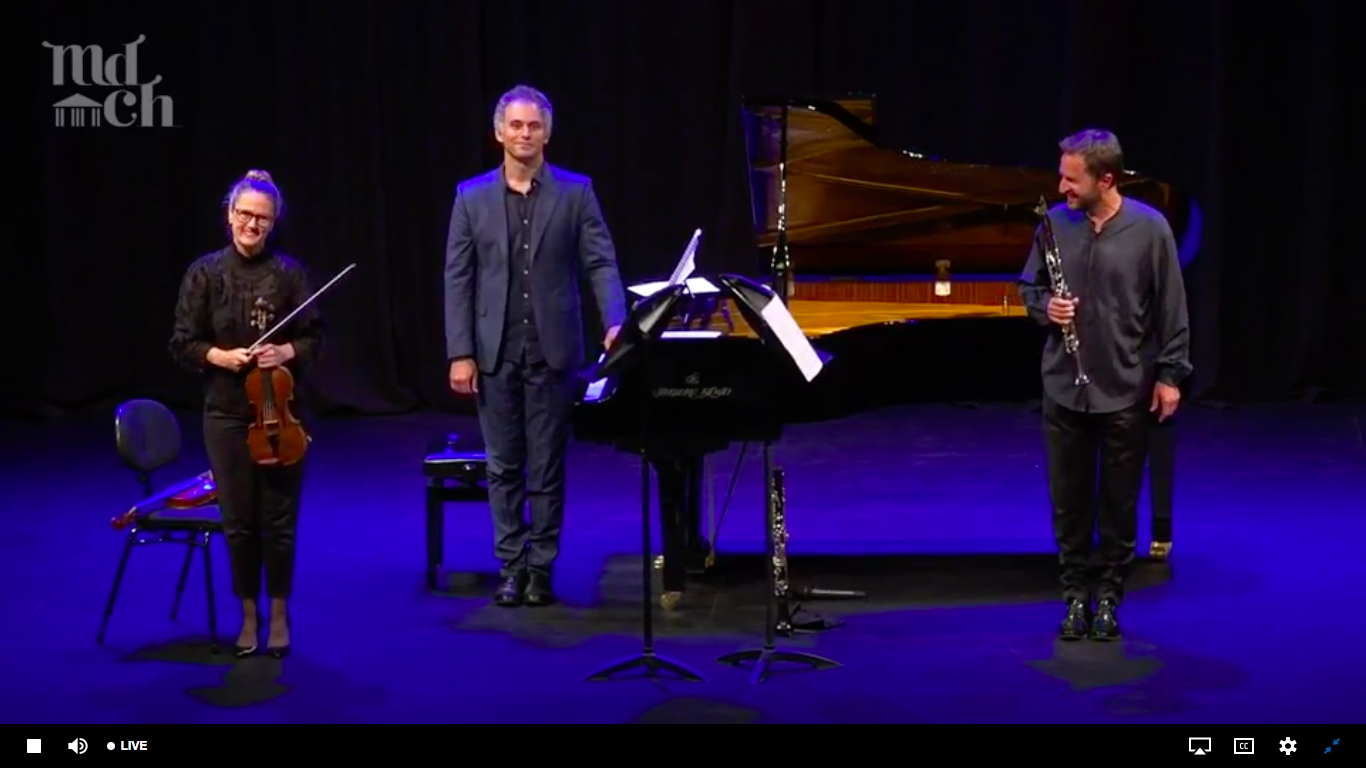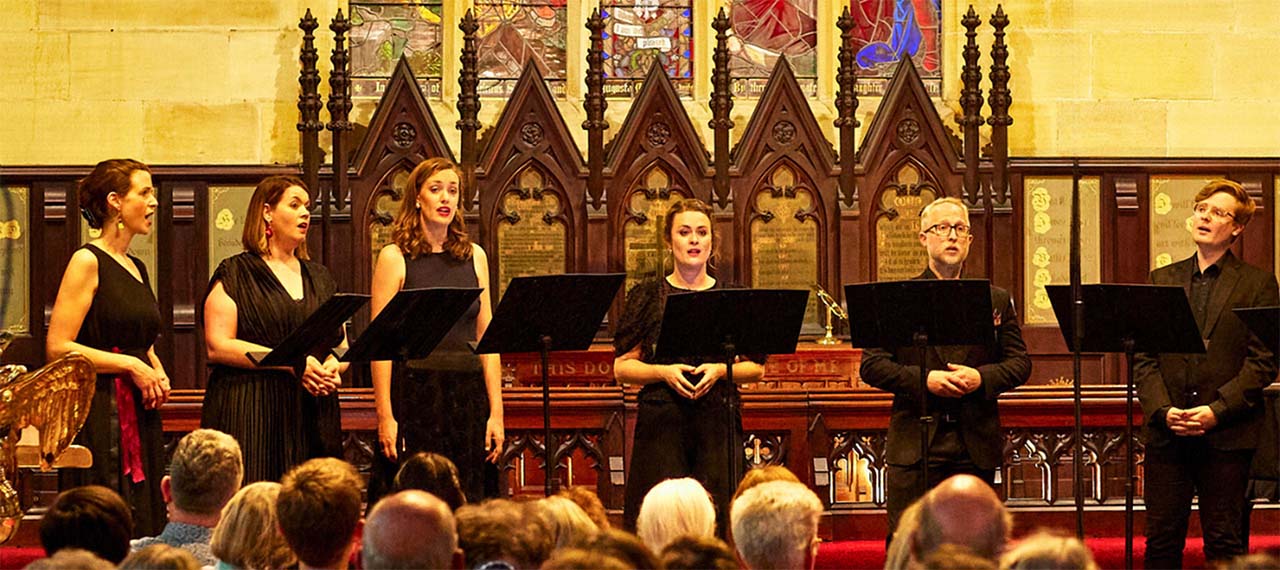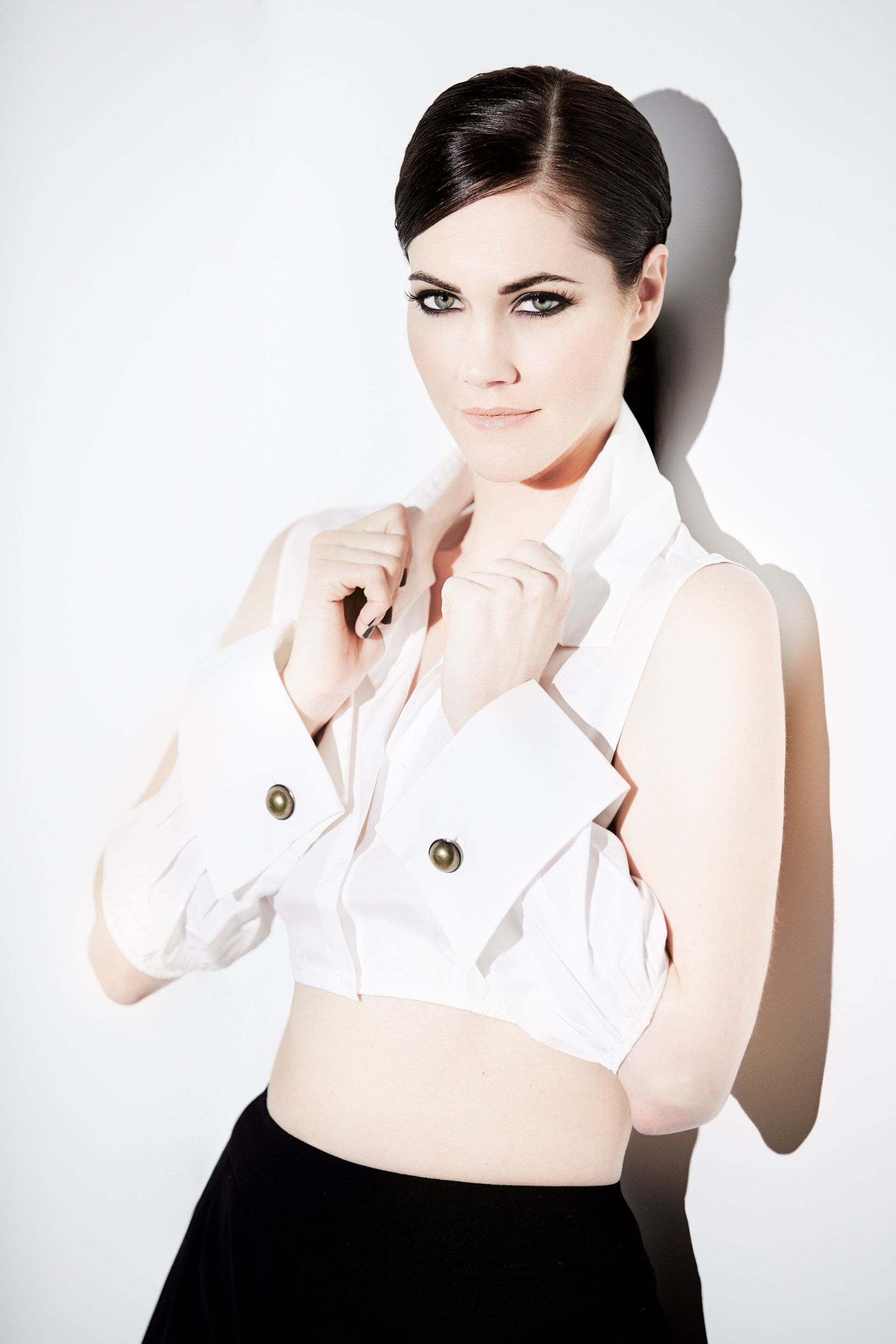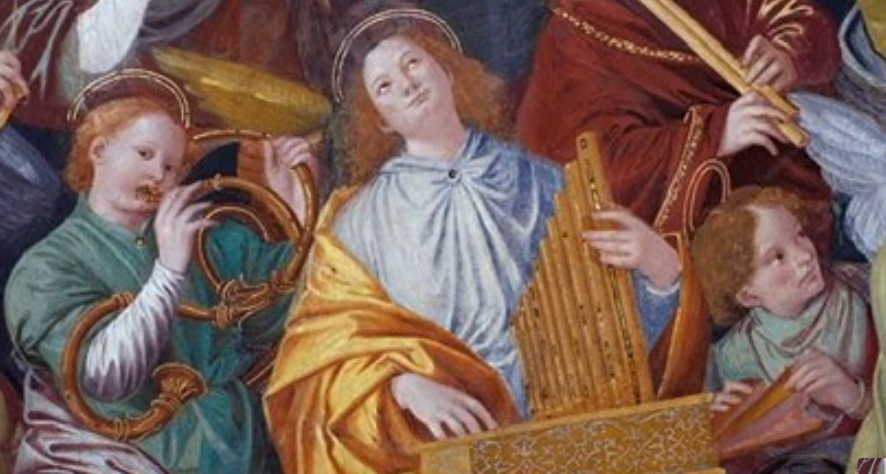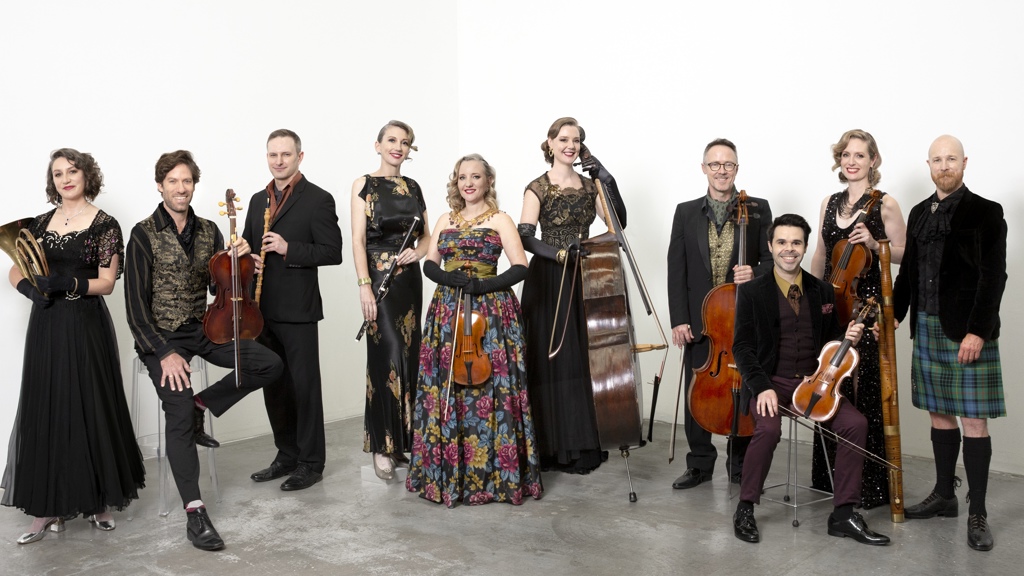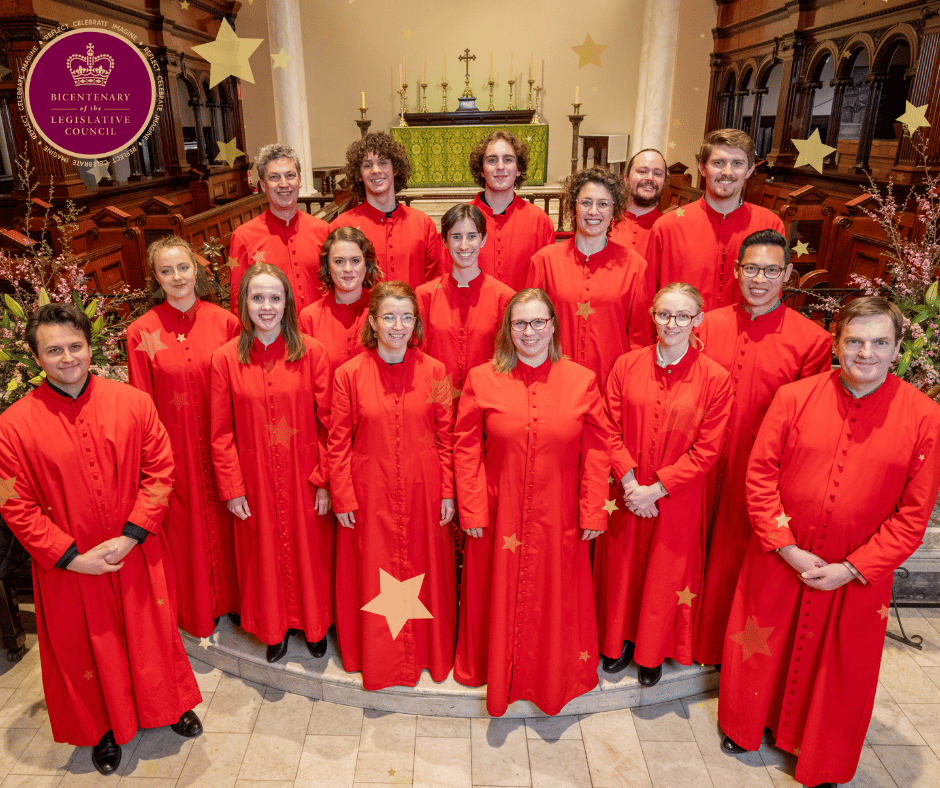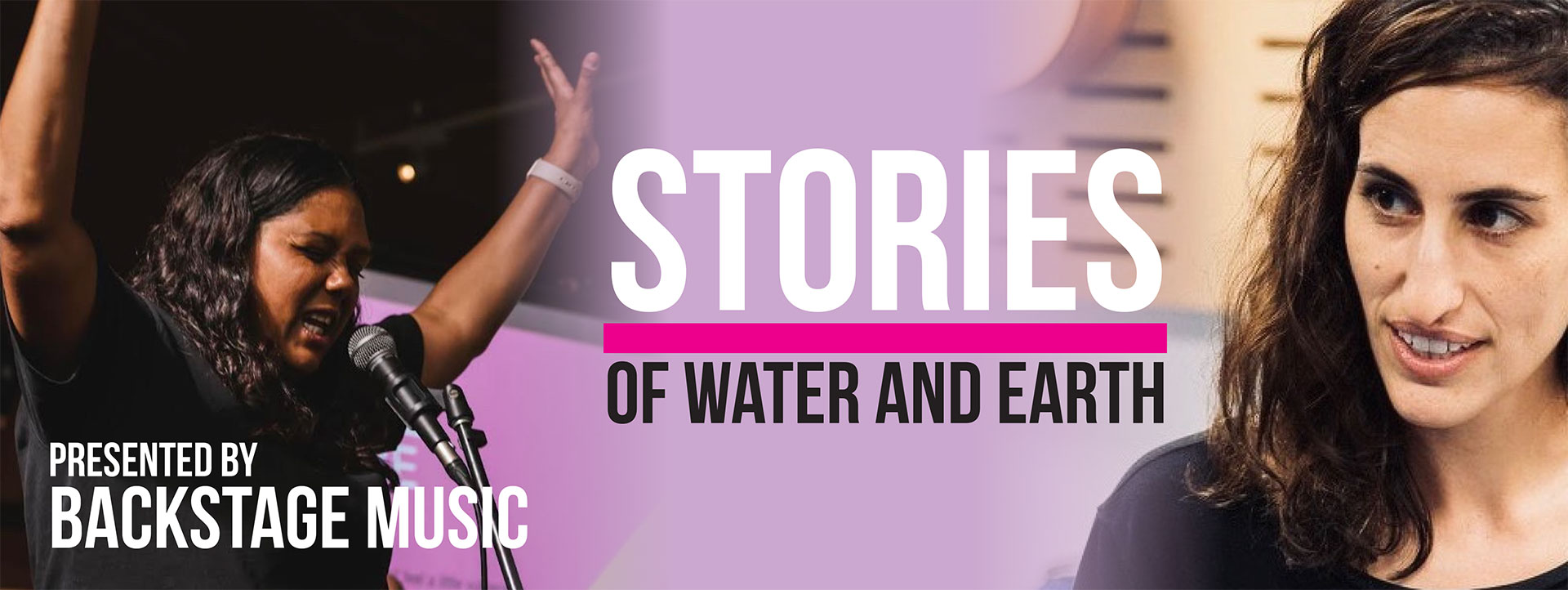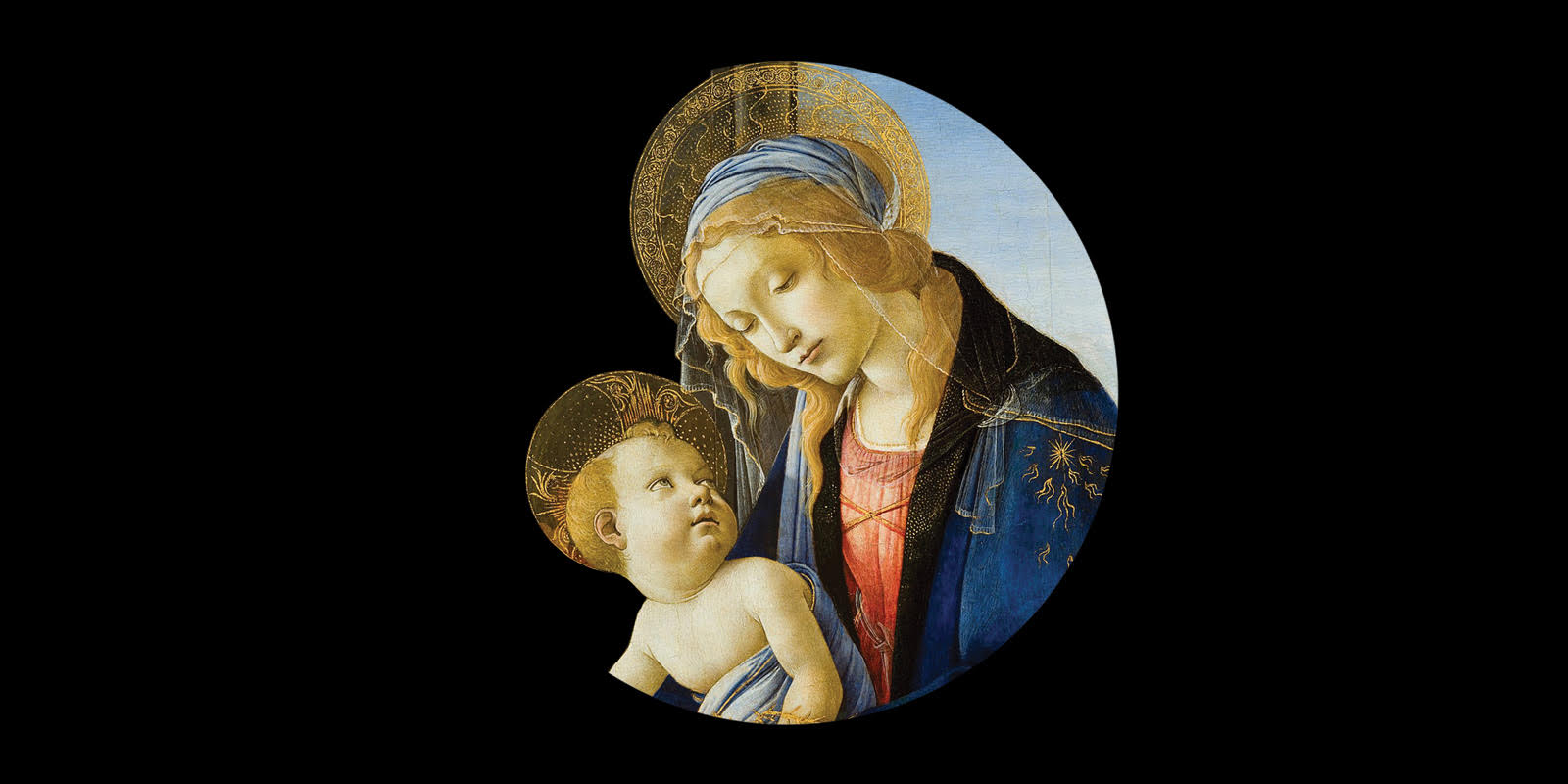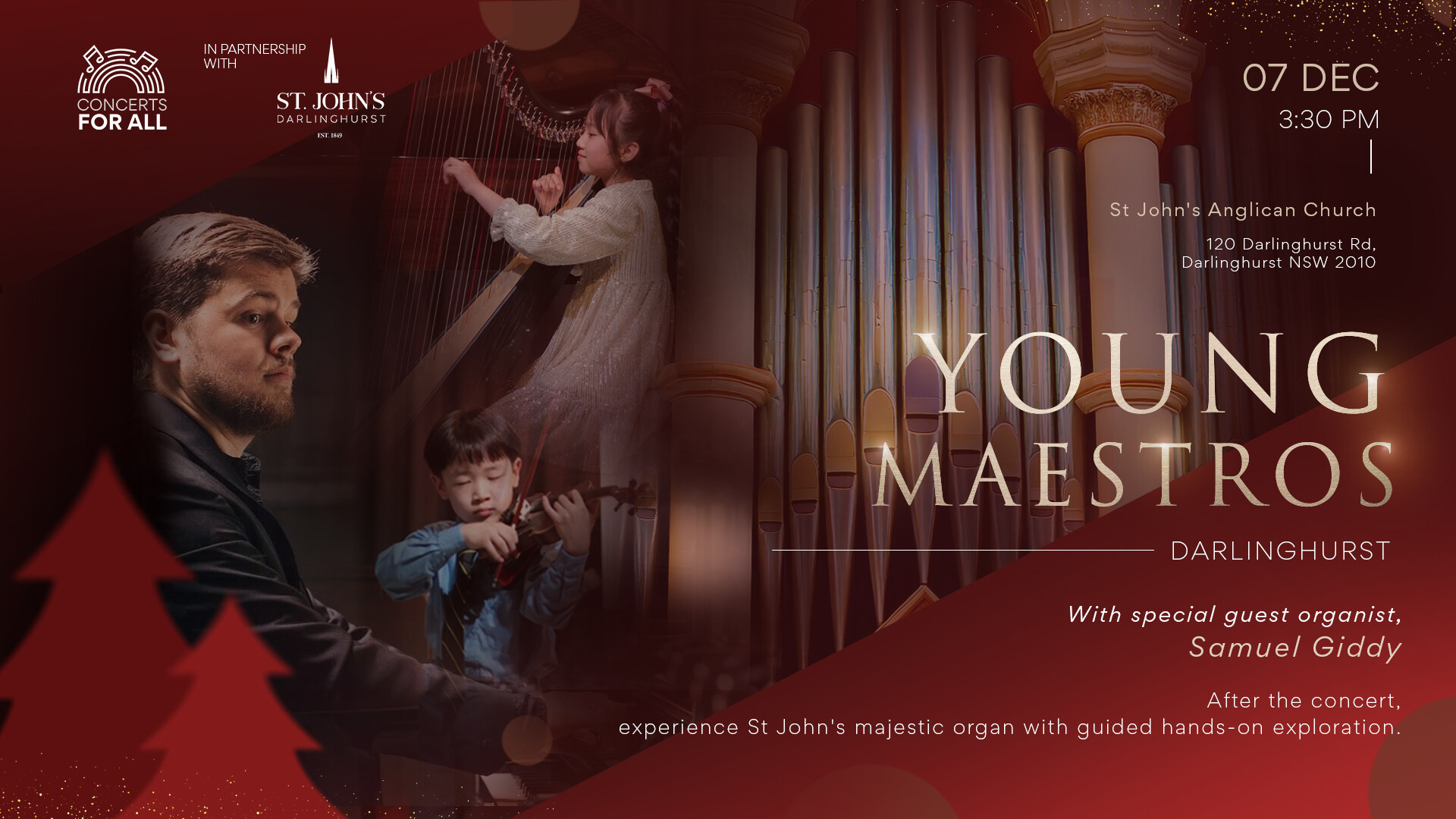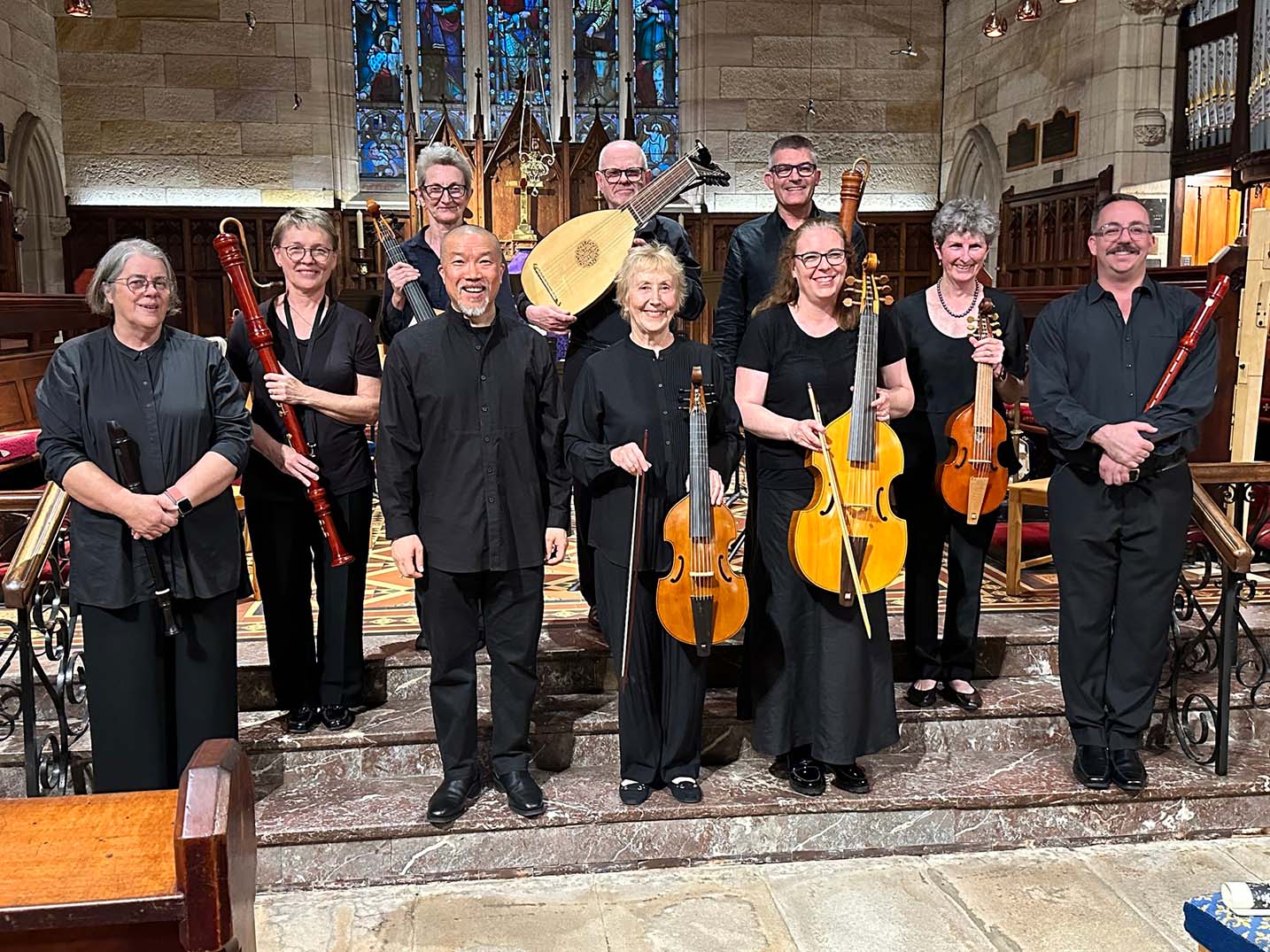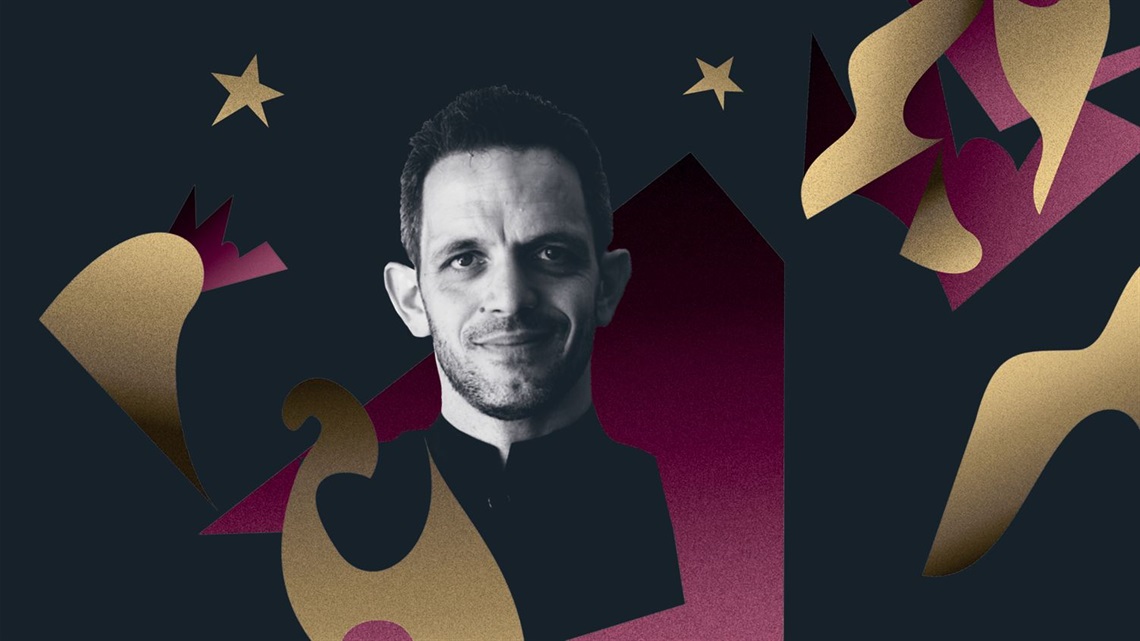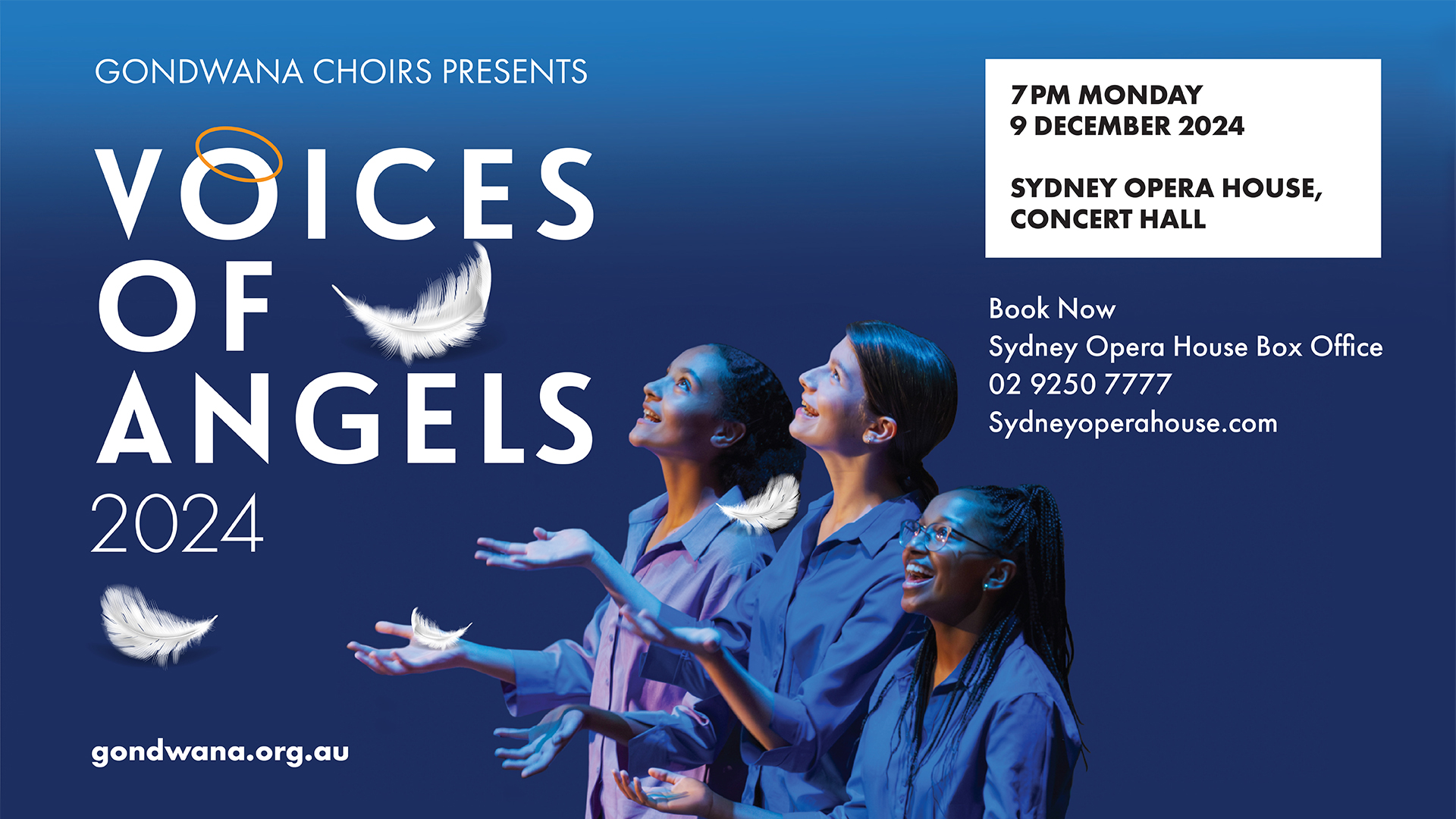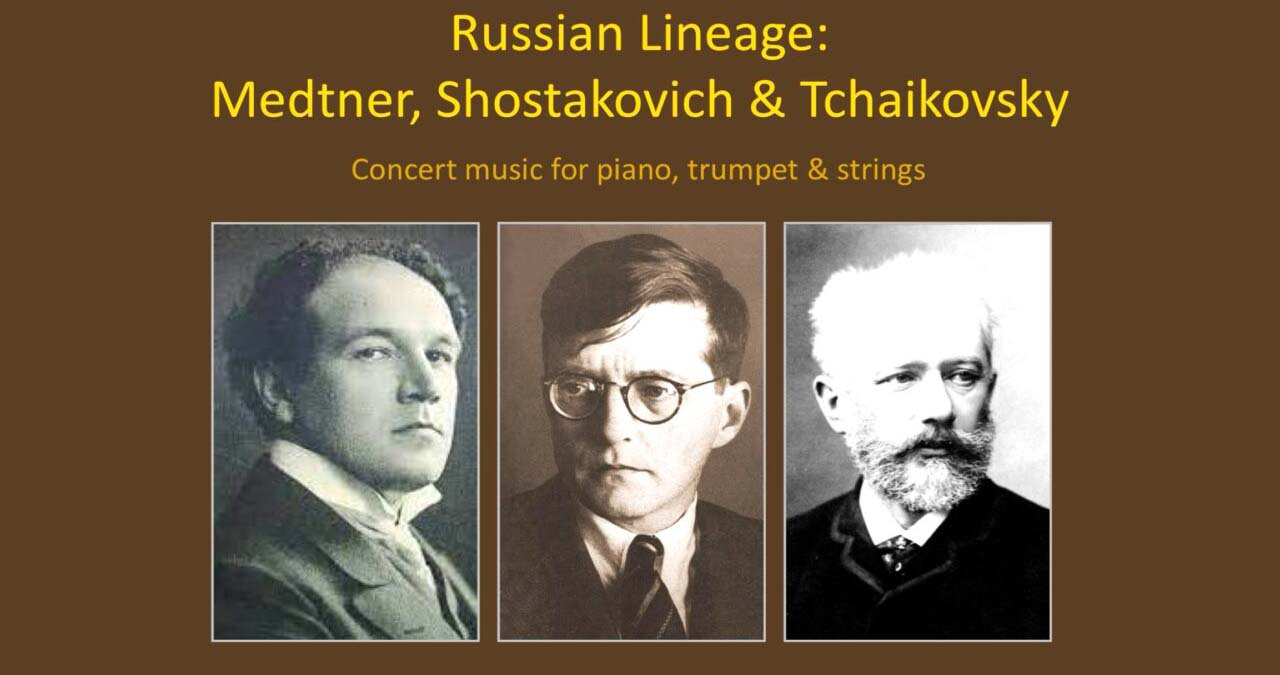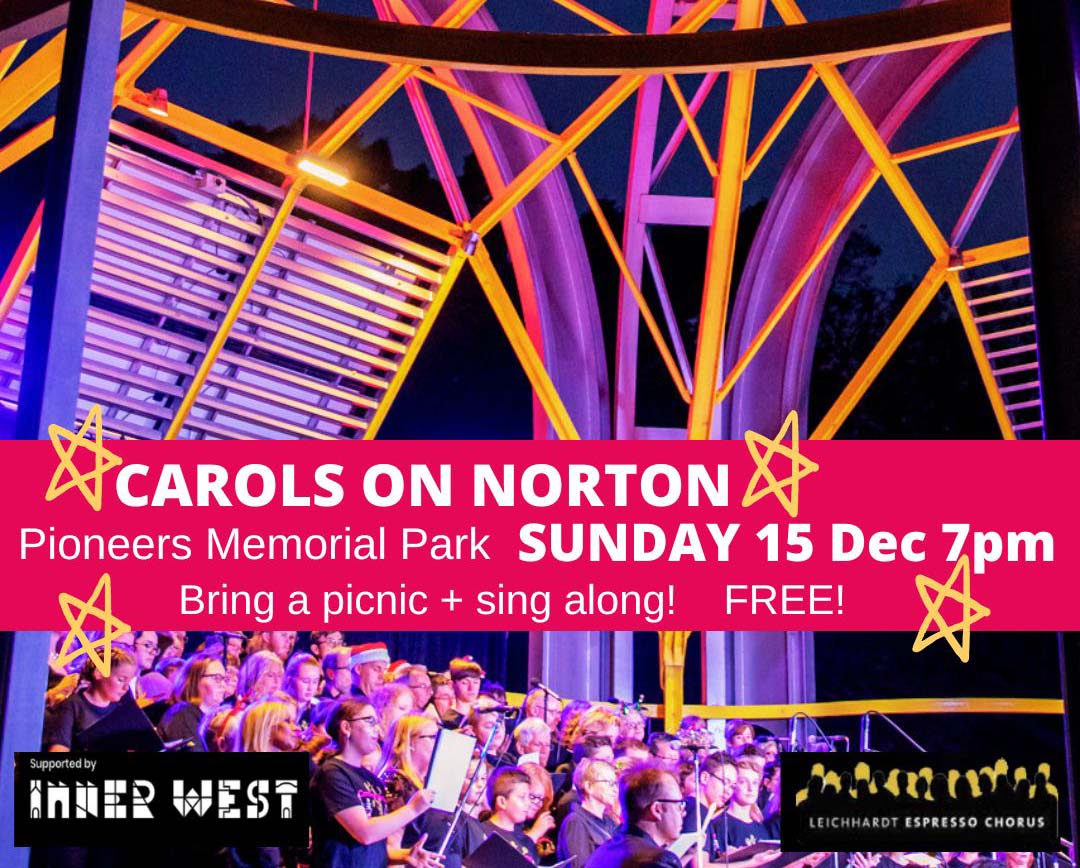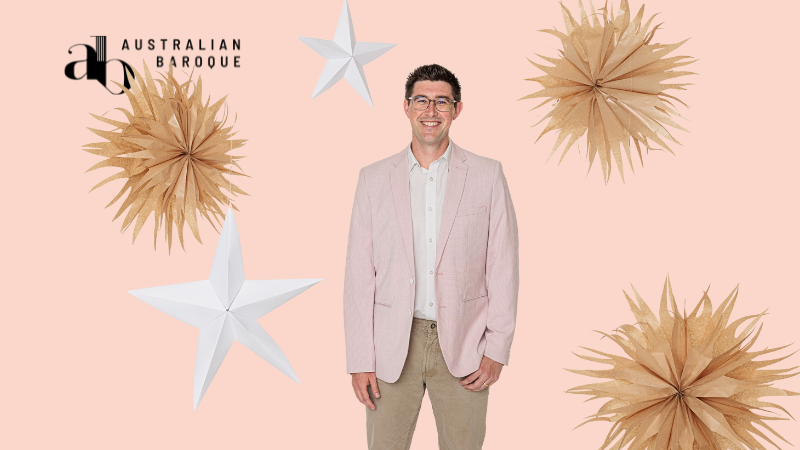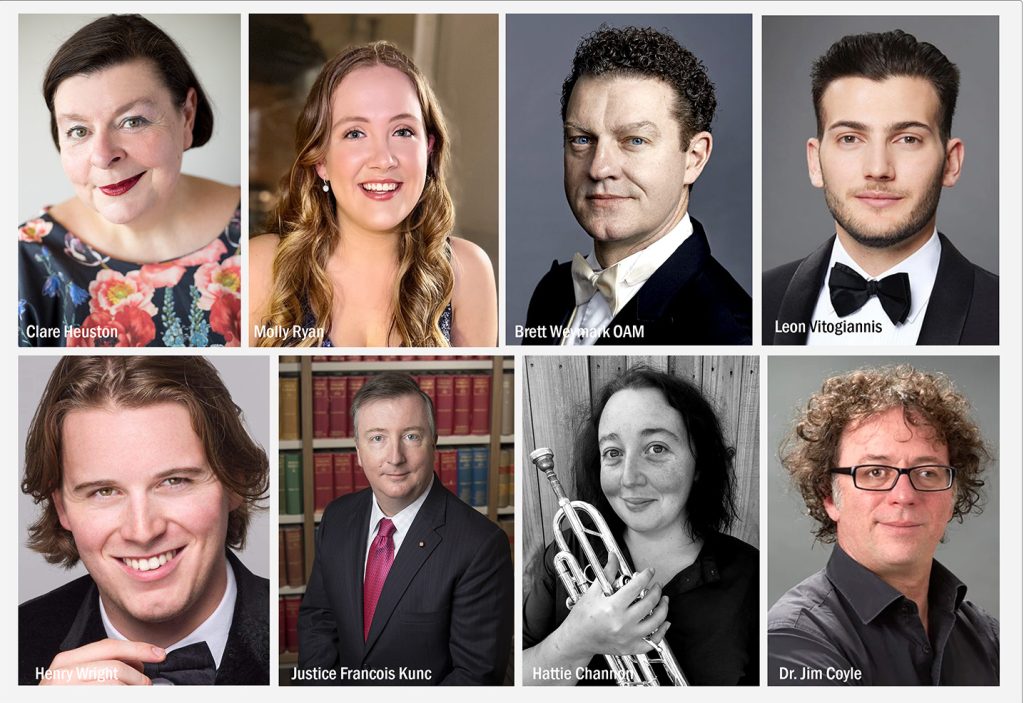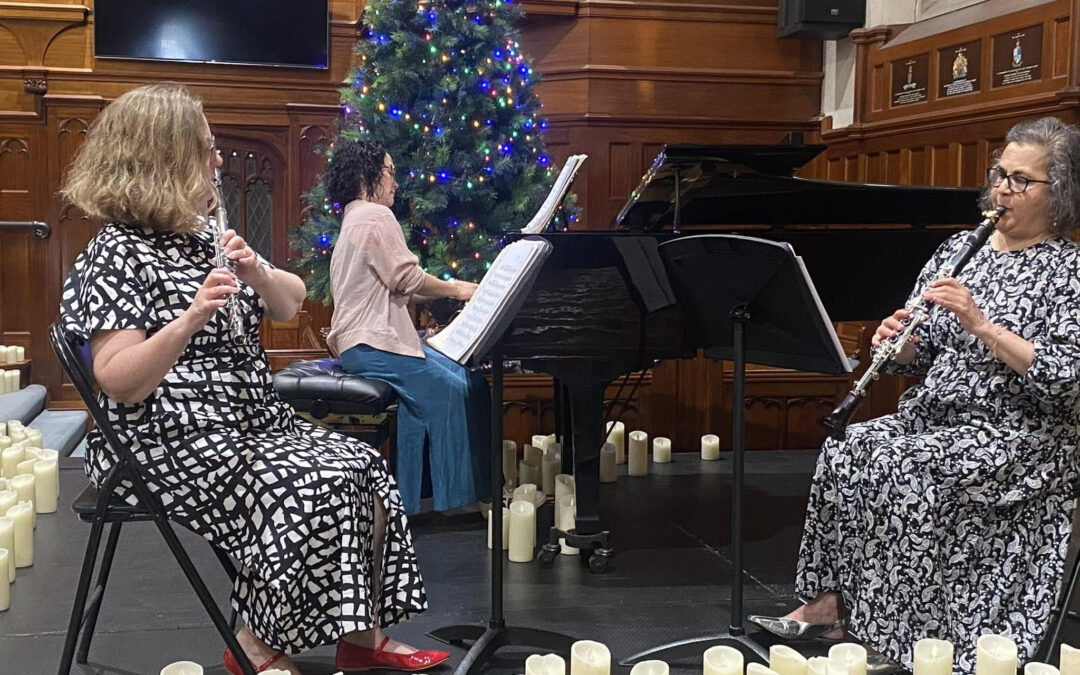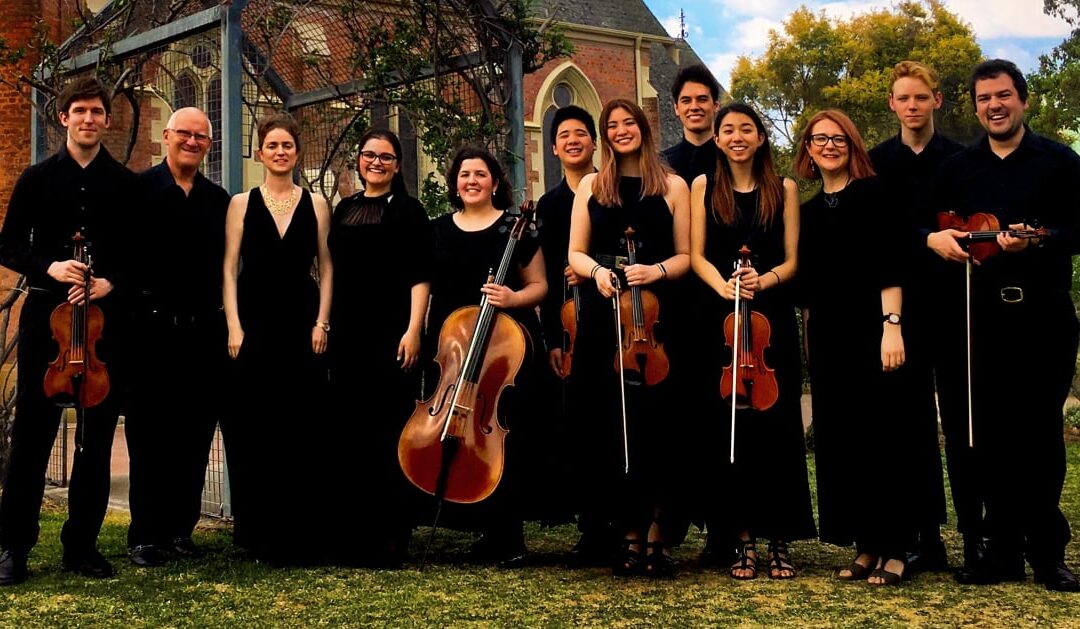Bendigo Chamber Music Festival Opening Gala – Summer Nights Series 1
Wednesday 3rd February 2021
The Bendigo Chamber Music Festival’s Opening Gala for their Summer Nights Series 1 featured a programme of music in a myriad of styles covering early Baroque, forays into the Romantic era, traditional folk, and 20th-century jazz. Co-Directors of the BCMF, Howard Penny and Chris Howlett (also a Director of the Melbourne Digital Concert Hall which happily is continuing to livestream concerts in 2021), could barely contain their excitement at being back performing live to audiences – a healthy 260 people on this occasion. As well as presenting concerts, the BCMF is dedicated to supporting the next generation of artists, and running community events. Thanks was offered to the City of Greater Bendigo, the Festival’s partners and volunteers, with the mayor of Bendigo, Jennifer Alden, offering her welcome from the auditorium in The Capital Theatre, a grandiose building from the Victorian gold-rush era.
Vivaldi’s oboe concertos are fiendish to play on the 18th-century oboes of his day, and the pieces remain no less challenging for the modern oboist. Thomas Hutchinson was the soloist in Vivaldi’s Oboe Concerto in C Major RV447, a typical Venetian model of three contrasting movements, performed here as a concerto a cinque. The Allegro non molto began with a theatrical flourish of scales and silences by the four string players (Natsuko Yoshimoto and Matthew Tomkins on violins, Chris Moore on viola and Howard Penny on violoncello). Thomas surmounted the music’s technical (and conceivably violinistic) demands and unreasonably (for an oboist!) extended phrases with admirable breath control and exceptional aplomb. Quite often the oboe line was virtually unattended with static string harmony for its only support. Thomas gave a beautifully heartbreaking performance of the Larghetto, its wistful quality deepened by the delicately brushed quaver accompaniment. Thomas added some subtle additional ornaments, and a lovely well-judged cadenza above the final string quartet chords. Exquisite (as Howard had promised) it certainly was, and exquisitely performed. The theme of the final Minuetto was given in the strings, before the oboe’s variations contrasted elegance with more impressive virtuosity. Finally, the oboe provided an appropriate little lead-in to the theme’s repeat.

Clarinet player David Griffiths introduced Bartók’s Contrasts, remarking that the “powerful and extraordinary” piece was a commission by the American jazz clarinettist Benny Goodman. The trio for clarinet, violin and piano is certainly highly complex, and exacting for each of the three players. Typical of Bartók’s modernist idiom, it intermixes music from folk traditions, modal harmonies, and compelling rhythms. David was joined by Sophie Rowell on violin and pianist Benjamin Martin. The first movement Verbunkos is based on Hungarian dance music once used to recruit soldiers from rural villages. Components of contemporary jazz were heard in the clarinet flourishes and piano glissandi, and there was often close counterpoint between instruments. At other times, clarinet and violin entwined, forming a lovely mellow-textured blend of tone, before the movement rounded off with a solo clarinet cadenza comprised of modal undulations. For the changing moods of Pihenő, the musicians imparted admirable dynamic range and beguiling sounds. Beginning in a slow and slightly eerie vein with clarinet and violin playing in mirror motion and tremolo gestures in the piano part, the movement contained moments of agitation and several diverting instances of polytonality. Sebes was thrillingly fast, requiring a nimble agility which the trio accomplished superbly. Changes of clarinet were involved, and Sophie swapped to a differently tuned violin in order to convey the desired roughness for the opening tuning-up sounds. Displaced accents and percussive rhythms flew by, punctuated by cluster chords on the piano. The dance-like, jazzy music incorporated insistent repeated patterns, folksy grace notes, and stirring tempo changes. Discordance was juxtaposed with gentler tuneful sections featuring the honeyed tones of both clarinet and violin. After a taxing and well executed violin solo, this persuasive and scrupulous performance ended in jocular spirit.

Chris Howlett introduced Mendelssohn’s Piano Quartet in B minor, Op. 3 no. 3 – programmed to celebrate the composer’s exact birthday – mentioning his footing from a young age in the artistic world of soirées and salon concerts. Written when he was just 16 years old, the piece is an example of Mendelssohn’s exceptional gifts at writing for strings and piano, demonstrating a remarkably advanced sense of structure, balance and harmony, as well as a mature and personal emotional sensibility. Pianist Daniel de Borah was joined by Sophie Rowell, Tobias Breider (viola) and Chris Howlett. The quartet is one of great imagination, full of drama and appealing melody. A dark-hued piano tune begins the Allegro molto. Little melodious themes, messa di voce, and solo moments which variously emerged from the texture by each of the instruments were tenderly expressed, while noticeable fervour was exuded in the more dramatic sections. In the wonderfully gentle and lyrical Andante with its rocking-motion accompaniments, solos were exchanged touchingly between players. A build-up of canonical entries combined with Daniel’s accomplished dexterity in extended patterns of piano animation created an exciting atmosphere for the fiery impassioned Allegro molto. Finally a thoroughly rousing Allegro vivace of intensified content and emotion highlighted a dazzling and continuous fluidity of piano figurations performed with natural ease by Daniel. The passion of the musicians was palpably observed, with the music hurtling the evening to an exhilarating and feverish close.
Digital viewers were treated to a bonus chat between Adele Schonhardt, the other Co-Director of the MDCH, and Howard Penny, to the accompaniment of a delighted and enlivened retiring audience which was thrilling to hear in the background!
Jane
The Bendigo Chamber Music Festival involves 15 concerts, among other events, and lasts until 7th February, 2021. See here for their website and concert programme: http://bendigochambermusicfestival.com.au
Read Jane’s review of another concert later in the festival here

